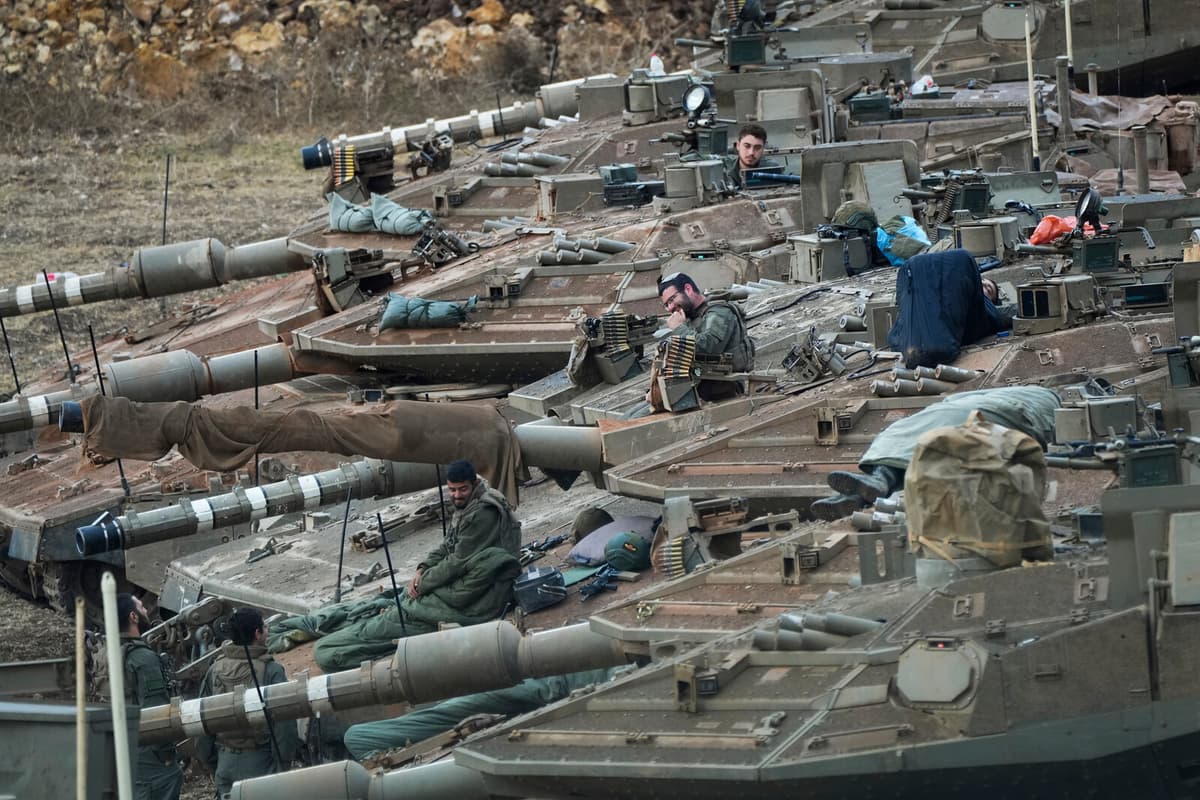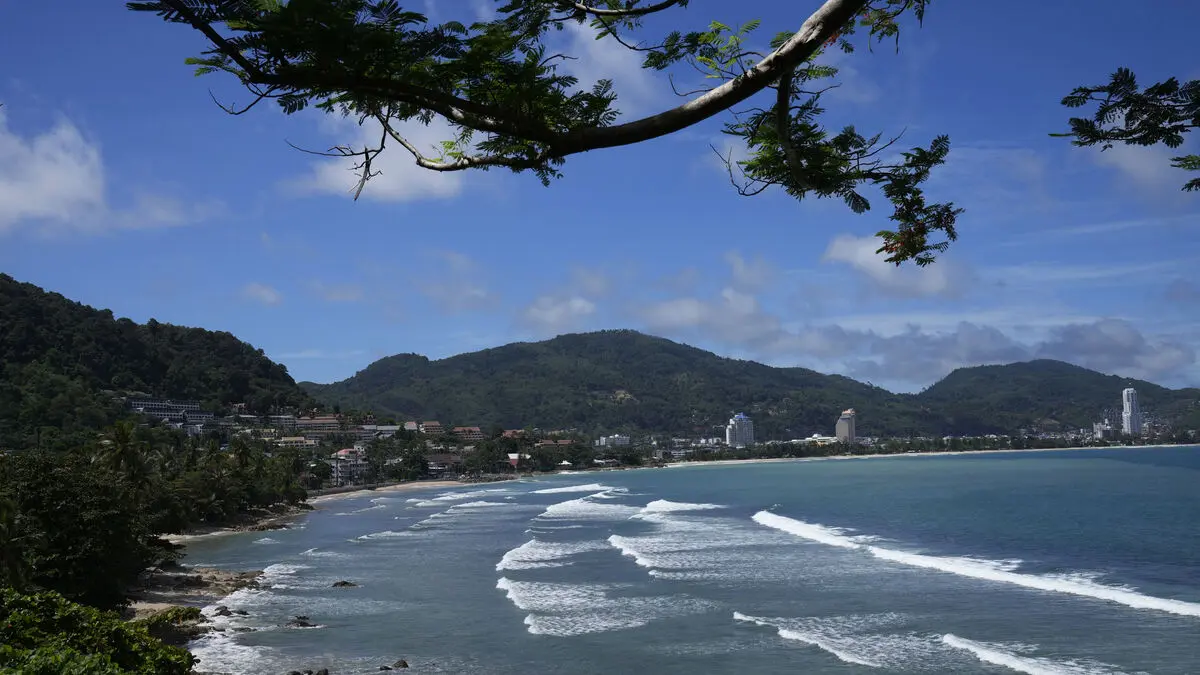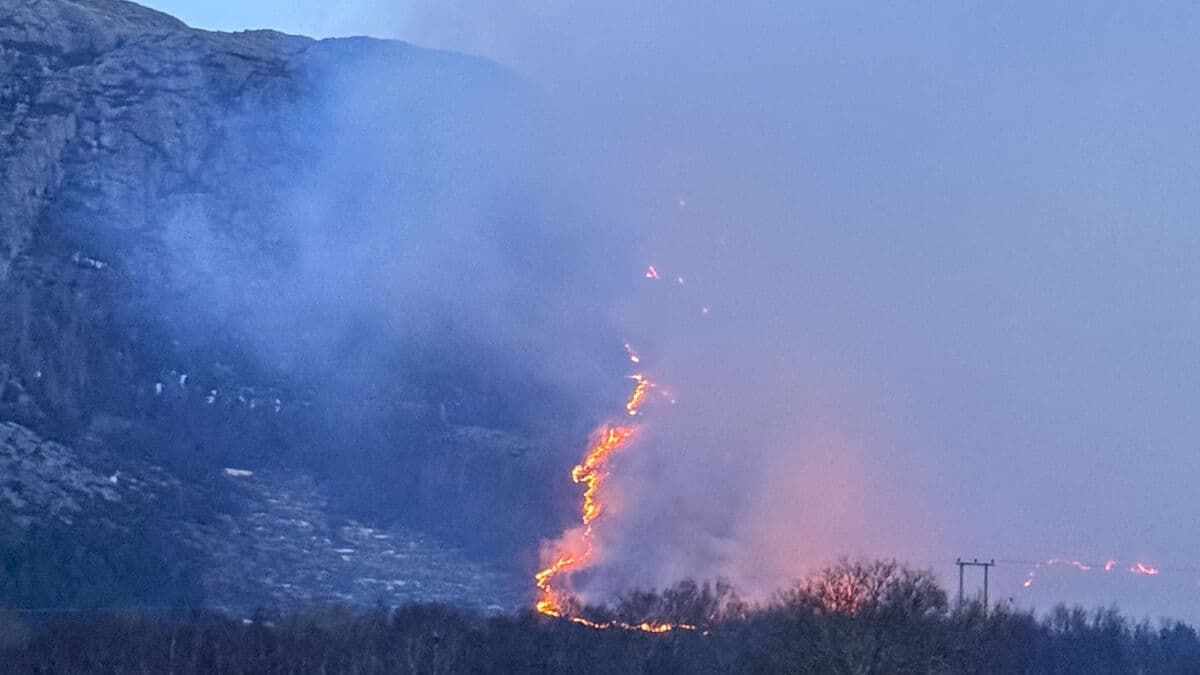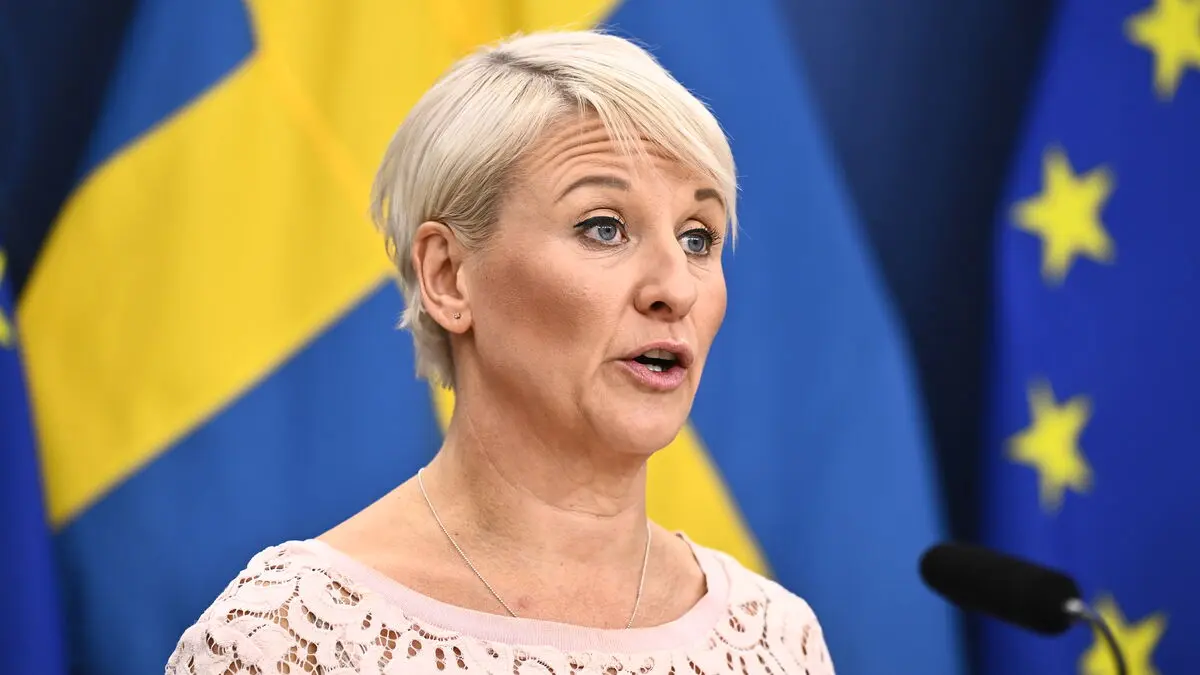The Israeli ground offensive across the border in the north began during the night to Tuesday, according to Israel. According to the military, it was about "limited, local, and targeted ground operations" against targets linked to the Islamist movement Hezbollah. During the morning, the military reported "intensive fighting".
At the same time, information is coming in from the opposite direction from both a source in the Lebanese army and Hezbollah, claiming that Israel has not crossed the border at all. Even the UN peacekeeping force Unifil is questioning Israel's picture, and claims that what is currently happening cannot be called a ground offensive.
Civilian Lebanese in about 20 border communities are being ordered to leave their homes and move north, across the Awali River, approximately six miles into Lebanon from the border – several miles further in than the Litani River, where the UN Security Council drew a fragile conflict line after the war in 2006.
Israel is motivating its actions by saying that evacuated residents will be able to return to their homes in northern Israel.
Hezbollah has responded with rockets and artillery, causing air raid sirens in northern and central Israel. Several attacks are said to have been directed at military targets near Tel Aviv.
USA: Necessary
Israel recently called in more soldiers and sent them to the border areas. This happened while large parts of the world – including the country's main ally, the USA – advised against further escalation and called for talks.
On Monday, Israel's Defense Minister Yoav Gallant appeared before soldiers at the border and stated that the military will do what is necessary to counter the threat in the north.
It is then reported that Gallant spoke with the US Defense Minister Lloyd Austin. The American announced that the two agreed that a ground invasion is necessary to stop attacks against Israel.
Hezbollah tried to give a united impression after its highest leader, Hassan Nasrallah, was killed in an Israeli bombing raid in Beirut on Friday.
If the Israelis want to carry out a ground offensive, we are ready for it. They will never achieve their goals, said the Shia movement's deputy leader Naim Qassem in a TV broadcast.
Against camps and Damascus
During Monday evening, night, and Tuesday morning, there have been air attacks against Beirut.
Israel has also struck at least two of the Palestinian refugee camps that have long been established in Lebanese border areas. The targets are said to have been militiamen, and there are reports that a military commander in the Palestinian Fatah has been killed.
More than 1,000 people have been killed in Israeli attacks on Lebanon over the past two weeks, according to Lebanese authorities.
In Syria, whose weak government is allied with Hezbollah, deadly air strikes are reported against the capital Damascus.
An Islamist movement, created in the early 1980s as a reaction to a conflict situation similar to today's.
The Palestinian Liberation Organization (PLO) had used southern Lebanon as a base for attacks against northern Israel, which led Israel to invade in 1982. Inspired by the Islamic revolution in Iran a few years earlier, Lebanese Islamists formed the Shia movement Hezbollah ("God's party"), a name chosen by the Iranian leader Khomeini.
An explicitly stated main goal has been to expel all "colonialists". In practice, this has meant that much of the armed struggle has been directed against Israel – seen as the representative of the Western world in the Middle East.
Hezbollah has been a political party in Lebanon since 1982 and functions as "a state within a state", with a military power at least as great as the country's army and a strong role in politics and social life.
The Iran-backed movement has been terrorist-listed by several countries, while others have chosen to only terrorist-list its armed branch.






